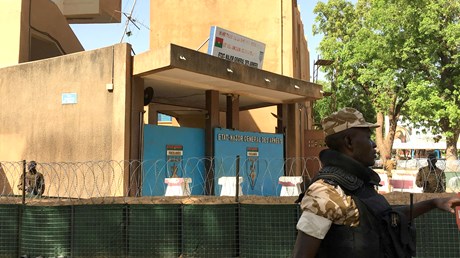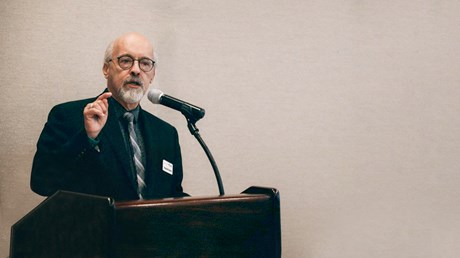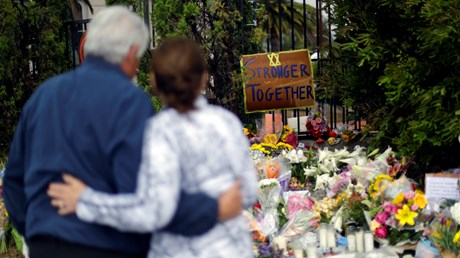Assemblies of God pastor preferred to “die for his faith rather than leave the village” he served for decades.

Christians in Burkina Faso are mourning a deadly attack on a Protestant church as “a new turning point in terrorism” in the West African nation.
Sunday’s shooting at an Assemblies of God congregation in a northern village left six people dead, including the pastor, and represents the first church attack among the recent surge of Islamist violence.
A dozen gunmen on motorcycles stormed the courtyard of the Sirgadji church after worship, fatally shooting its longtime pastor as well as five other congregants after demanding they convert to Islam, according to the General Superintendent of the Assemblies of God in Burkina Faso, Michel Ouédraogo. The attackers also stole from the church and burned its pulpit.
The church was one of the oldest Protestant congregations in the region, which borders Mali to the north, and pastor Pierre Ouedraogo had served there since its founding in the 1980s. The longtime pastor “said he prefers to die for his faith rather than leave the village where he has served for nearly 40 years,” Michel Ouédraogo recounted in a statement.
The victims include the pastor’s son and his brother-in-law, who served as a deacon in the church.
Burkina Faso declared a state of emergency in some of the northern providences last year, due to ongoing violence. The church attack comes days after another half-dozen people were killed by assailants elsewhere in the country. Islamists have been blamed for the abductions of a Spanish Catholic priest and a Canadian geologist earlier this year.
Afer 200 attacks over the past three years, the government considers Sunday’s shooting to be the first at a house of worship, a sign that the violence could be shifting from indiscriminate ...
from Christianity Today Magazine http://bit.ly/2PEmhD9




